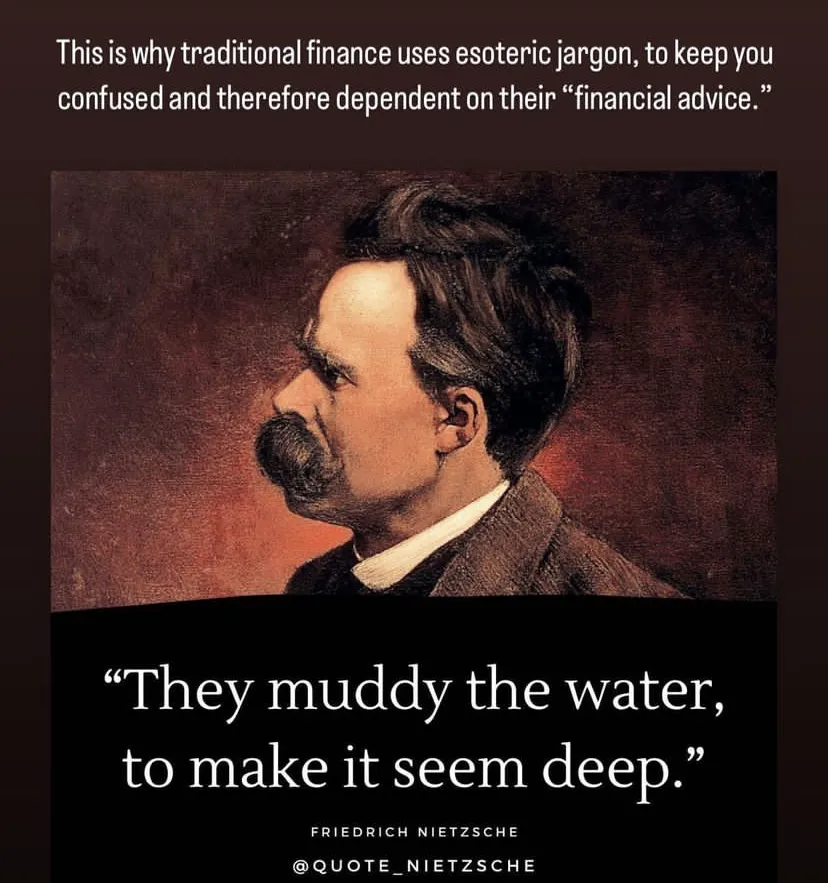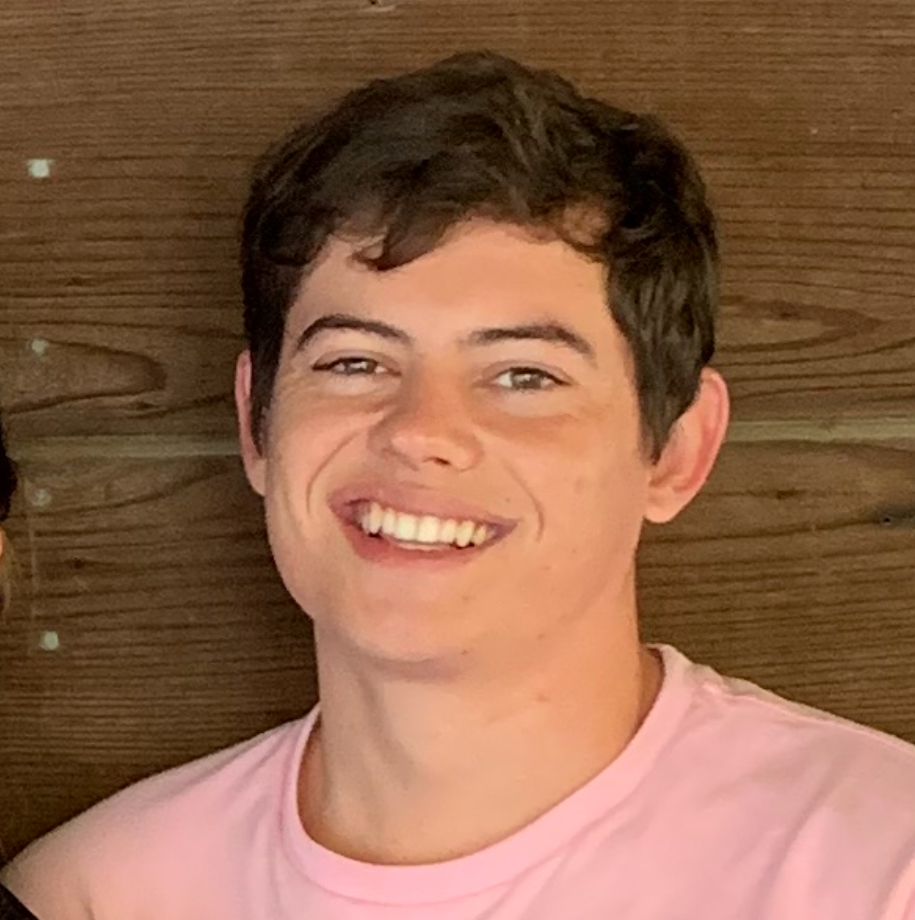
Bitcoin in the Shadows of Tyranny
When Bank Accounts Are Shut and Voices Are Silenced, Bitcoin Still Speaks
In stable democracies, we treat financial freedom as a given. You swipe a card. Pay a bill. Send money. No one stops you.
But for billions of people around the world, this isn’t reality. Their money is monitored. Their accounts are frozen. Their currency evaporates in value. Their voices are silenced by governments that control everything — especially the money.
This is where Bitcoin shines, not as a luxury, but as a lifeline.
Bitcoin operates where banks won’t, where governments repress, and where the rules are stacked against the people. It lives in the shadows of tyranny, not to hide, but to offer light where it’s needed most.
The Weaponization of Money
Authoritarian regimes don’t just control speech. They control spending.
Dissidents get cut off from their funds.
Protesters have bank accounts frozen.
Citizens can't access dollars, gold, or outside currencies.
Journalists are forced into exile with nothing but the clothes on their backs.
Money becomes a tool of punishment. It’s not just about political control — it’s financial obedience.
But Bitcoin changes that. Because it’s not a bank account. It’s not held by an institution. It’s not vulnerable to being shut down with a phone call. It’s software. It’s open. It’s everywhere.
And when used properly, it can’t be stopped.
Real Lives, Real Resistance
Nigeria. When citizens protested police brutality in the #EndSARS movement, bank accounts tied to organizers were frozen. Bitcoin donations kept the movement alive.
Russia. After the invasion of Ukraine, Russian anti-war groups and independent journalists were de-platformed financially. Bitcoin became a parallel economy for resistance and survival.
Afghanistan. As the Taliban seized power and froze women out of economic participation, a women-led coding school that paid its students in bitcoin helped them flee the country with their savings — stored in memorized seed phrases.
Turkey. Venezuela. Argentina. Everyday people in these nations use Bitcoin to escape hyperinflation, preserve savings, and move funds across borders without corrupt intermediaries.
These aren’t just headlines. They’re blueprints. Proof that money without permission can mean survival.
Not an Investment. An Escape Hatch.
In the West, Bitcoin is often treated like a stock. Something to hold in a portfolio, to speculate on, to sell when the price goes up.
But for those living under economic oppression, it’s not about profit. It’s about possibility.
Bitcoin doesn’t need a branch office. It doesn’t require paperwork. It doesn’t care about your passport, your politics, or your social credit score.
With nothing but a smartphone and a few lines of code, a person can protect their wealth, cross a border, and rebuild.
That’s more than finance. That’s freedom.
Censorship-Proof. Borderless. Unstoppable.
Bitcoin is the only asset in the world that is all of the following:
Portable across borders
Resistant to seizure
Immune to inflation
Accessible without ID
Transparent but pseudonymous
Operable with no central authority
This makes it a nightmare for tyrants and a beacon for the oppressed.
Wherever human rights are under attack, Bitcoin offers a parallel system — one that cannot be coerced, censored, or confiscated.
Hope, Not Hype
Critics love to say “you can’t buy groceries with bitcoin.”
And that’s true — in most places, most of the time.
But you know what else you can’t buy in a dictatorship?
Freedom.
Dignity.
Choice.
Unless you have a tool that exists outside their reach.
That’s what Bitcoin is. It’s not just digital money. It’s an escape hatch built into the internet. A protest that doesn’t need permission. A way to say “no” to power without saying a word.
Shout out to BullishBTC.com — educating the free and the fearless, one block at a time.
